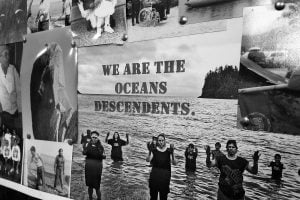
Environment
Ocean Bridge Diaries: Dax Justin
The people and landscapes of Haida Gwaii opened my eyes to the fact that we all rely on the ocean
- 1588 words
- 7 minutes
This article is over 5 years old and may contain outdated information.
Environment
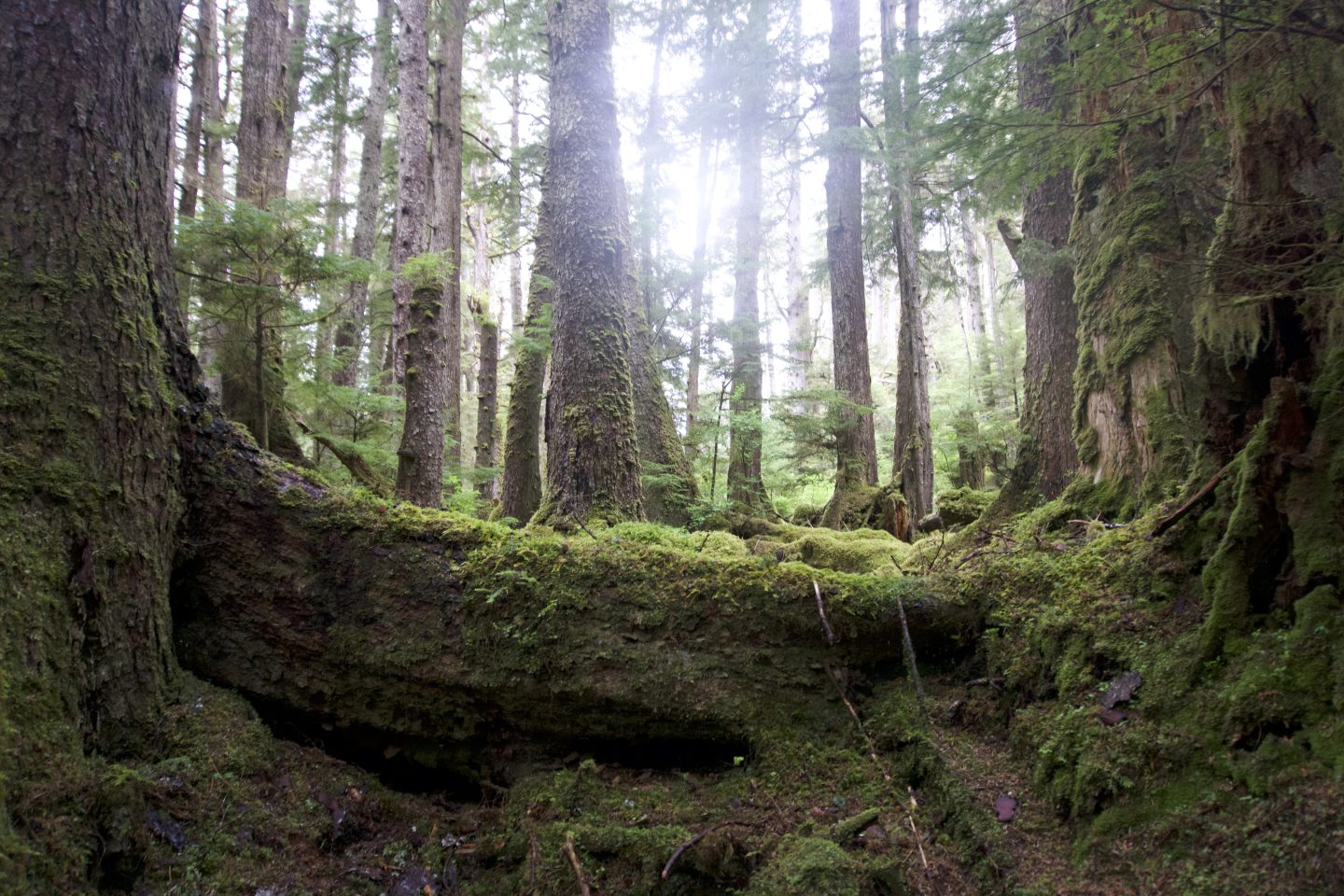
It’s been just a few weeks since I returned from Haida Gwaii, and quite honestly, it’s been hard to tear my thoughts from the Pacific and return to “normal” life here. There are still moments when I wake up when I feel like I’m back in cabin 5 at Hiellen Longhouse Village, sunlight pouring through the skylight above me. Many have asked since my return home, “How was it?” A simple question without a simple answer; I still struggle to describe what those 10 days were like, so I’m going to attempt to break it down here.
As cheesy as it may sound, each day was a new adventure. Some days were spent on boats traveling to a new place, others days were spent at the camp planning our community projects. We went to museums, went on hikes, walked through ancient villages, and heard stories about eagles and ravens.
Our very first evening together at camp, we walked down to North Beach, where we stood in a circle playing games, getting to know each other. For the entirety of that evening, I was constantly distracted by the beauty of the place — the waves crashing just behind us, the stretch of beach that just went on and on, and the sounds of wildlife that surrounded us. North Beach became a backdrop for many of our activities, from a quick dip in the Pacific Ocean, to bonfires to our service projects.
One of our days was spent combing the beach, up through the long grass and down to the low tide zone. We collected everything from shoes and tires to fishing nets. There was just so much plastic. I was compelled to look under every piece of wood and double check whether what I was holding was a piece of shell or plastic, worried that I would miss something. We collected truckload after truckload, and yet we hardly made a dent that day. In the end, we collected more than 1,000 kilograms of garbage. I felt a sense of accomplishment, but also could not help but think about how much more we could have done, how much we had left behind — plastic that we could not even see. I’ve read statistics about the amount of plastic in our oceans, about how much is found on beaches all around the world, but to see it in person, to face the “elephant in the water,” is a feeling I cannot name.
To be there at the edge of the world, seeing things that do not belong in such a beautiful place, was deeply upsetting. I felt so small, but also acutely aware of the impact that we’re having on this planet. I’ve left Haida Gwaii with a sense of responsibility to share what we did and experienced with our communities across Canada. I believe that we can solve this problem by actively engaging and educating others in conversations to rethink their choices around plastic. Change will only be possible if we work together towards a sustainable future.
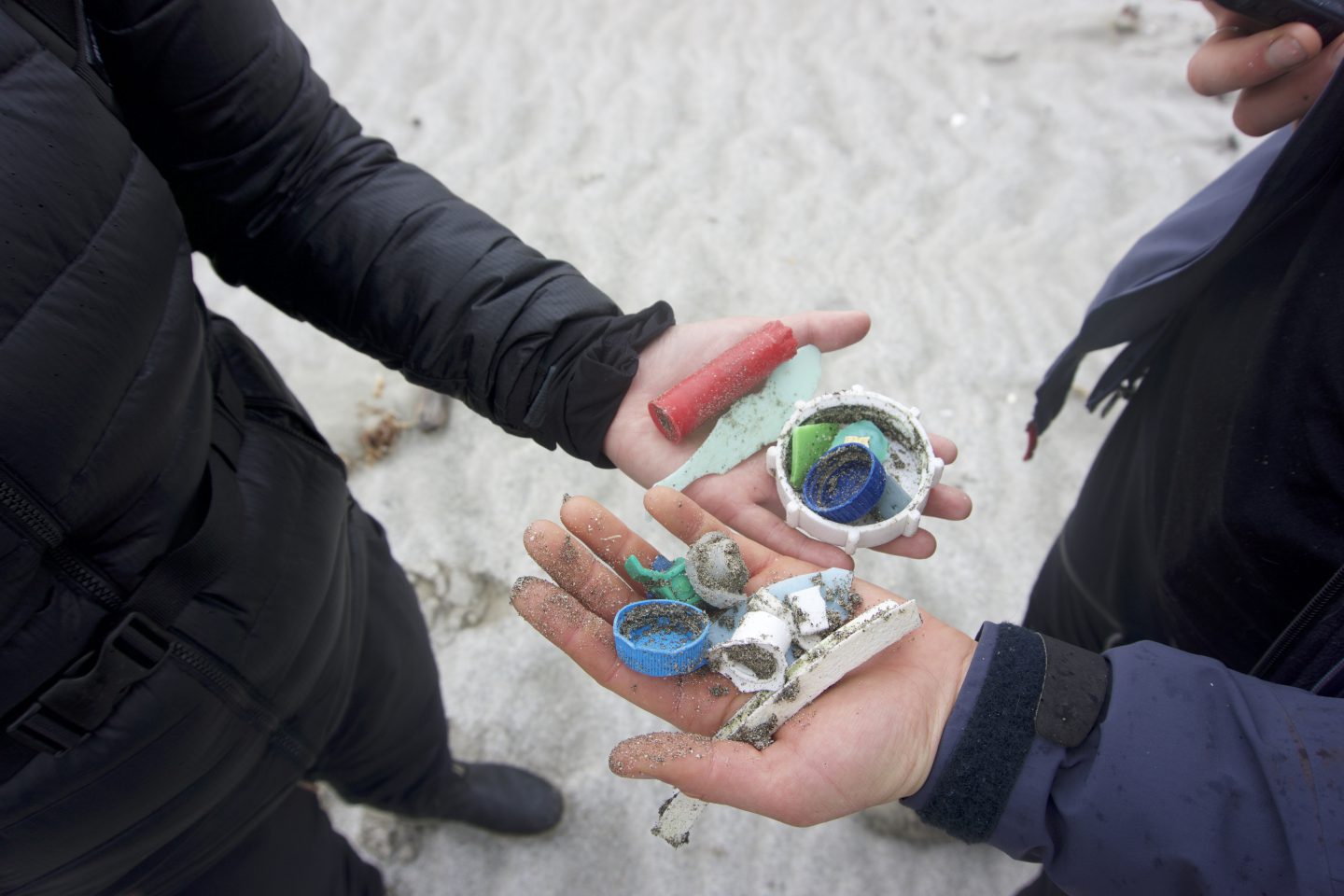
On one of our last days in Haida Gwaii, we visited the Skidegate Haida Language School and participated in a language lesson. We had the opportunity to sit and chat with community members, learn more about their history, culture, about pre-contact life and the impact of colonialism. One of the highlights of that day was hearing the story of how their language to be, the story of the “Crab on Top of the Mountain.” It was deeply humbling and inspiring to share a space with these resilient people, who were learning their language and reclaiming their culture. We ended that day with a game of language bingo, called Dii gway, where we all stumbled over pronunciation and had a good laugh.
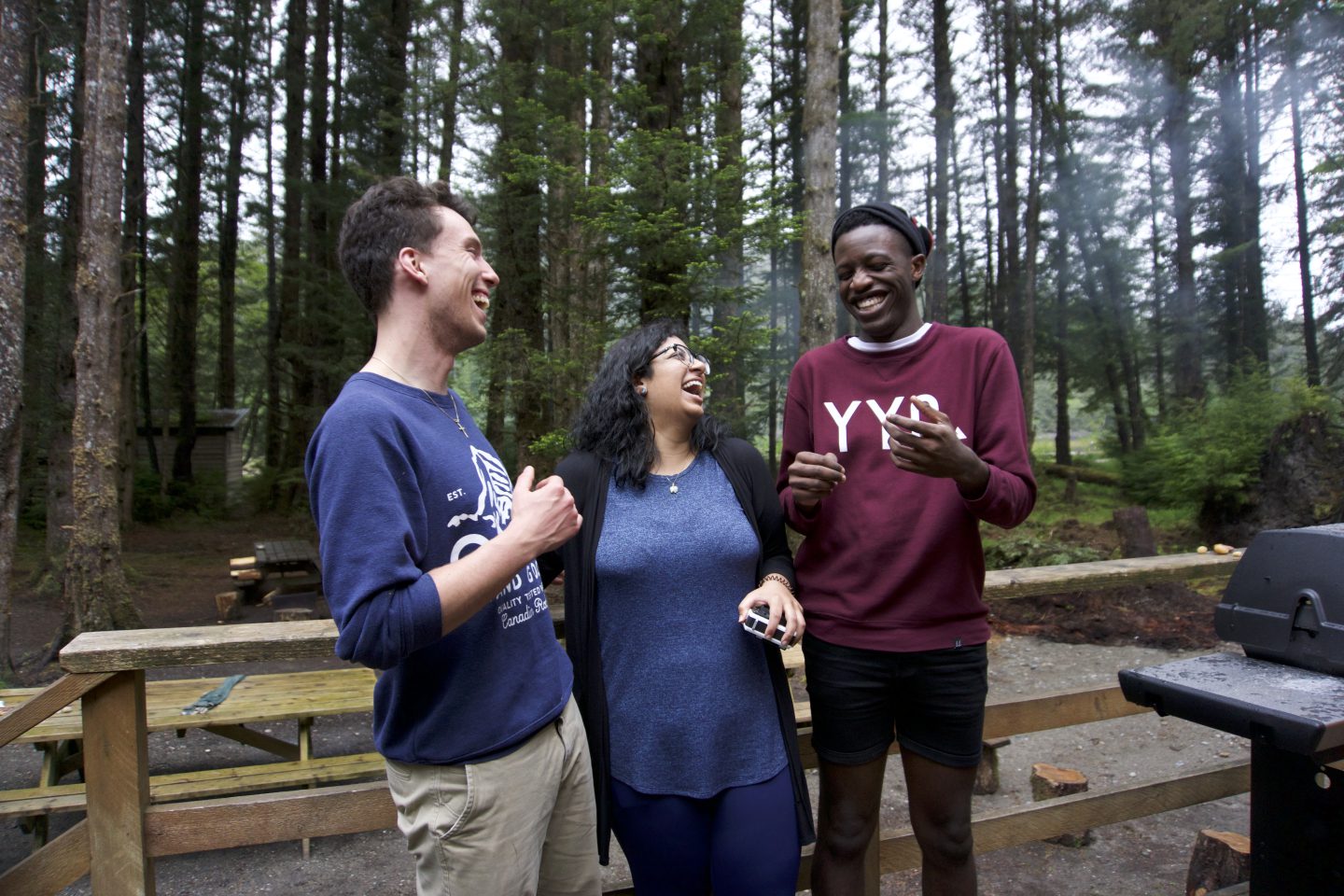
I feel so lucky to have been selected to be part of this program, to represent my community and province and be a voice for youth across Canada. I spent 10 days with some of the most ambitious people that I have ever met. Each person in this cohort brought a unique perspective and an impressive breadth of knowledge to the expedition. To be surrounded by like-minded and passionate people is such an incredible feeling.
Our last night together was once again spent in a circle, this time in the longhouse, where one by one, each member shared what they learned from the 10 days, special moments, and hopes and lessons that they were taking home. I am eternally grateful for this experience and for the new friends that I have made. I’m excited to see the initiatives that will come out of this expedition, the projects that we will work on in our teams, as well as our personal service projects in our communities.
Are you passionate about Canadian geography?
You can support Canadian Geographic in 3 ways:

Environment
The people and landscapes of Haida Gwaii opened my eyes to the fact that we all rely on the ocean
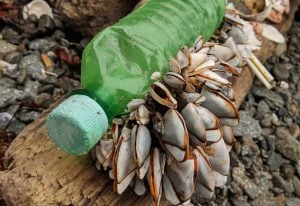
Environment
Before joining Ocean Bridge, I was completely unaware of the extent of the problem of single-use plastic consumerism
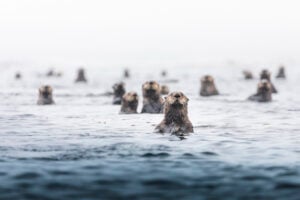
Wildlife
As the sea otter begins its long-overdue return to Haida Gwaii, careful plans are being laid to welcome them — and to preserve a prosperous shellfish harvest
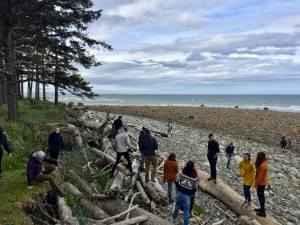
Environment
Bridging the gap between conservation and culture